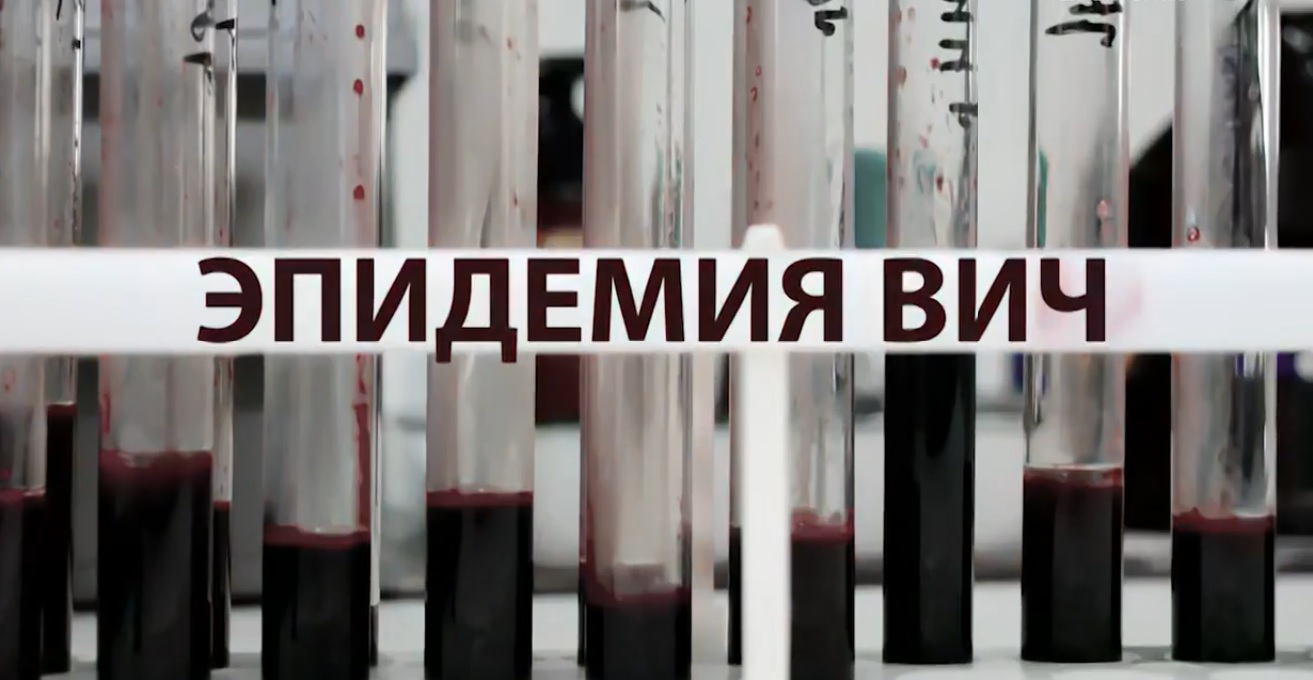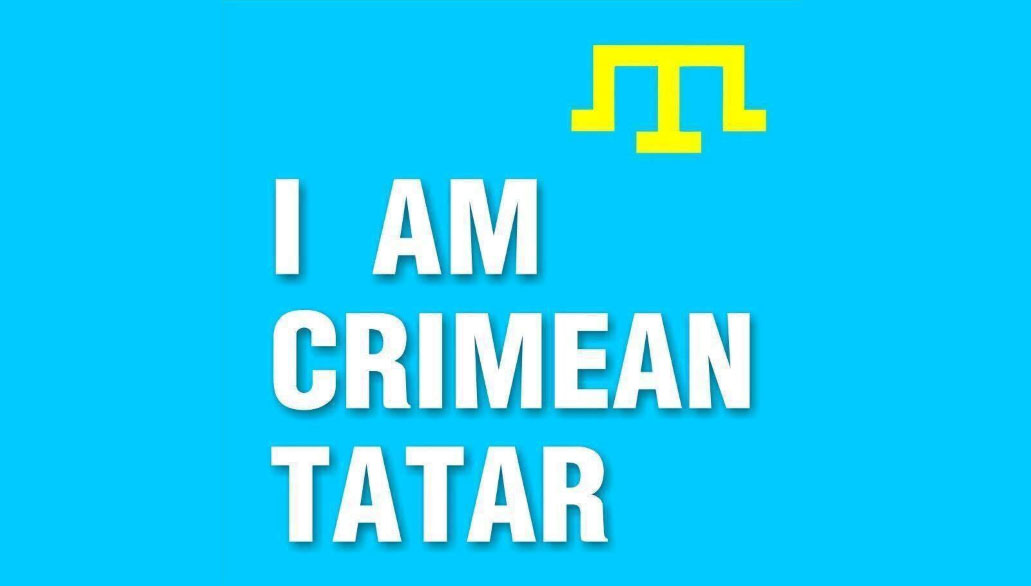 Staunton, May 15 – Having annexed Ukraine’s Crimea, Moscow is now finding it difficult to bring that region into the common Russian legal space. The situation there is now one of “legal chaos, the complete adaptation of the region legally will take another two or three years, and the echoes of this will last for decades, according to Russian legal experts.
In “Novyye izvestiya” yesterday, Yekaterina Dyatlovskaya surveys the process of integrating Crimea into the Russian legal space, the problems that this effort is encountering, and the predictions of Russian experts about how they will be resolved and how long they will last.
Adapting the Crimean legal system to the Russian one is especially complicated by the desire of the local authorities to legitimate themselves, something they can’t do if they take away from residents rights and privileges the population had when the peninsula was under Ukrainian control.
Some Moscow officials believe that great progress has been made and that key institutons like the interior ministry are functioning more or less well, but others are far less sure. Valery Rashkin, a Duma deputy, said that “not less than six months” will be required to bring the letters of the law into correspondence. And that is only the beginning of the process.
He points to the problems that have arisen because Ukraine was far more generous in its stipends to university students than Russia is. Cutting the Ukrainian stipends would inflame opinion, and so what the Russian authorities have decided is to keep them in place for those already receiving them.
But that is a half measure as well: new students will not get them, and Russian students won’t either, thus creating two classes of students each of which may view the other with suspicion if not downright hostility.
Another problem involves staffing the judiciary. In order to get the courts in Crimea functioning again, the Russian authorities are thinking about eliminating qualifying examinations for judges there even though such exams are required in Russia. Again, the dangers of doing that are obvious.
A third problem area concerns the punishment of those convicted of a crime. At present, a decision has been taken that anyone in Crimea convicted of a crime will receive the lower of the two sentences that Ukrainian and Russian law provides for that act, effectively keeping the Ukrainian code in place for this purpose.
And a fourth problem involves deeds. Ukrainian land records were and remain incomplete, and there are real fears that the process of registering property in Crimea under Russian law will result in some people losing their housing or land and others seizing the opportunity to enrich themselves.
As Russian legislators admit, “a special legal regime for Crimea and Sevastopol in a whole range of spheres cannot exist forever.” But bringing them together may have an unexpected and unintended consequence: Rashkin says that the Crimean system will have an impact on the Russian one and not just the other way round.
Svetlana Gannushkina, a leader of the Memorial Center, says that the complete assimilation of Crimea into Russia will take decades, especially because there is a large share of the Crimean population which retains Ukrainian citizenship and which opposes the annexation of the peninsula by Moscow. Their presence will preclude a rapid shift to a single Russian system.
Nikolay Svanidze, a Moscow historian agrees. Changing the laws may take only a few months, but applying them and adapting the population to them is going to require far longer and be far more difficult than many had assumed or assume even now.
http://windowoneurasia2.blogspot.com/2014/05/window-on-eurasia-moscow-faces-problems.html
Staunton, May 15 – Having annexed Ukraine’s Crimea, Moscow is now finding it difficult to bring that region into the common Russian legal space. The situation there is now one of “legal chaos, the complete adaptation of the region legally will take another two or three years, and the echoes of this will last for decades, according to Russian legal experts.
In “Novyye izvestiya” yesterday, Yekaterina Dyatlovskaya surveys the process of integrating Crimea into the Russian legal space, the problems that this effort is encountering, and the predictions of Russian experts about how they will be resolved and how long they will last.
Adapting the Crimean legal system to the Russian one is especially complicated by the desire of the local authorities to legitimate themselves, something they can’t do if they take away from residents rights and privileges the population had when the peninsula was under Ukrainian control.
Some Moscow officials believe that great progress has been made and that key institutons like the interior ministry are functioning more or less well, but others are far less sure. Valery Rashkin, a Duma deputy, said that “not less than six months” will be required to bring the letters of the law into correspondence. And that is only the beginning of the process.
He points to the problems that have arisen because Ukraine was far more generous in its stipends to university students than Russia is. Cutting the Ukrainian stipends would inflame opinion, and so what the Russian authorities have decided is to keep them in place for those already receiving them.
But that is a half measure as well: new students will not get them, and Russian students won’t either, thus creating two classes of students each of which may view the other with suspicion if not downright hostility.
Another problem involves staffing the judiciary. In order to get the courts in Crimea functioning again, the Russian authorities are thinking about eliminating qualifying examinations for judges there even though such exams are required in Russia. Again, the dangers of doing that are obvious.
A third problem area concerns the punishment of those convicted of a crime. At present, a decision has been taken that anyone in Crimea convicted of a crime will receive the lower of the two sentences that Ukrainian and Russian law provides for that act, effectively keeping the Ukrainian code in place for this purpose.
And a fourth problem involves deeds. Ukrainian land records were and remain incomplete, and there are real fears that the process of registering property in Crimea under Russian law will result in some people losing their housing or land and others seizing the opportunity to enrich themselves.
As Russian legislators admit, “a special legal regime for Crimea and Sevastopol in a whole range of spheres cannot exist forever.” But bringing them together may have an unexpected and unintended consequence: Rashkin says that the Crimean system will have an impact on the Russian one and not just the other way round.
Svetlana Gannushkina, a leader of the Memorial Center, says that the complete assimilation of Crimea into Russia will take decades, especially because there is a large share of the Crimean population which retains Ukrainian citizenship and which opposes the annexation of the peninsula by Moscow. Their presence will preclude a rapid shift to a single Russian system.
Nikolay Svanidze, a Moscow historian agrees. Changing the laws may take only a few months, but applying them and adapting the population to them is going to require far longer and be far more difficult than many had assumed or assume even now.
http://windowoneurasia2.blogspot.com/2014/05/window-on-eurasia-moscow-faces-problems.html
“Occupiers’ Methadone Ban Fueling HIV Explosion in Crimea” and other neglected Russian stories
The flood of news stories from a country as large, diverse and strange as the Russian Federation often…




